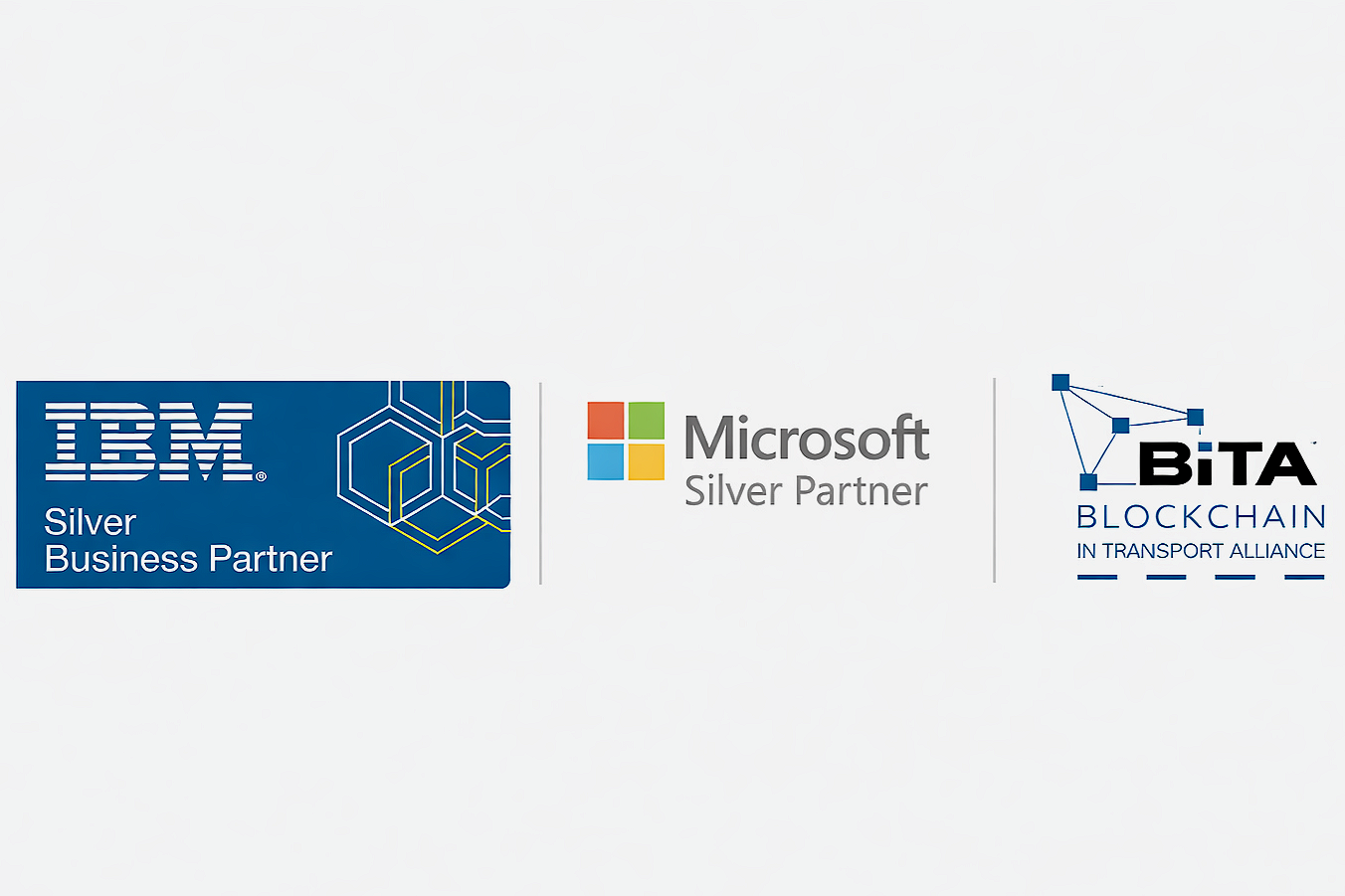BizTalk Server 2020
/Microsoft recently announced that BizTalk Server 2020 will be available as of January 15, 2020.
Here are some of the great new features it offers:
Group Managed Service Accounts (gMSA):
Extends windows GMSA support to BizTalk operations and service. New installations of BizTalk Server may be configured with gMSA by running BizTalk Server Custom Configuration (not available with a Basic Configuration).
Note for BizTalk 2016 users: You cannot use these accounts during installation. Instead, use a temporary account and update the account after installation.
The following table shows the BizTalk Server features that support gMSA:
Azure Blob Adapter:
Send and receives messages to/from Azure Blob Storage.
The Azure Blob storage receive adapter supports high availability. You can add multiple host instances in the same Azure Blob storage adapter. The receive handler receives from the same blob container simultaneously. Blob leasing is used as a lock to avoid the same blob being received by multiple host instances. Accordingly:
Blobs leased by other processes won't be received by Azure Blob storage adapter.
Blobs being received by the Azure Blob storage adapter can't be updated while in a leased state.
The Azure Blob storage send adapter, like most send adapters, provides high availability for the sending host by utilizing multiple host instances in the same send host.
Logic App Adapter:
Starting with BizTalk Server 2020, the Logic App adapter and BizTalk Adapter Pack (BAP) is included with the BizTalk Server installation.
Note for BizTalk 2016 users: We use the LogicAppAdapter.iso to run the LogicApp Adapter.msi file for install.
Audit Log:
Makes BizTalk even more secure by maintaining audit trails of all management operations. Administrators can configure BizTalk Server to generate audit trails for management operation on application artifacts such as send ports, receive ports, receive locations, orchestrations, and resources. Auditing of suspend/resume/terminate operations on service instances is also possible.
Read Only Operator Role:
Facilitates dev ops model, where access to production stamp is provided without the ability to update anything.
XSLT 3.0:
New extensible model for runtime map execution, out-of-box wiring to work with Saxon XSLT3.0.
BizTalk's default XSL transform engine implementation is based on .Net Framework XSLT Transformations. This support is limited to XSLT 1.0. Use this property to configure other XSL transform engines at map level. This makes it possible for BizTalk server maps to support newer versions of XSLT. Registered Saxon users can readily use XSLT3.0.
BizTalk Configuration:
This feature applies to BizTalk Server 2020 is newer and allows for the configuration of REST APIs and BizTalk TMS.
Note for BizTalk Server 2016 Feature Pack 1 users: A Windows PowerShell script to install the above REST APIs is available.
Additional updates:
New long-term supported Microsoft OLEDB Driver for SQL Server.
Support for SSO Affiliate applications in SFTP adapter.
SQL Availability Group support for BAM DTS Package via SSIS Catalog.
Partially disabled receive locations.
Improvements to Dynamic Send Ports with Ordered Delivery throughout.
Deprecated & Removed List:
If you are considering an upgrade, please CLICK HERE for our scorecard for migration and FAQs.
CONTACT US for an in-depth analysis and review of your migration or new BizTalk implementation.








